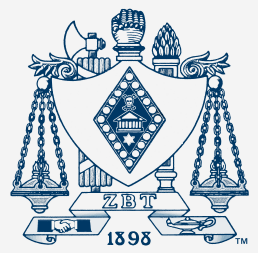Features
Happy Founders Day!
Issue: Fall 2016
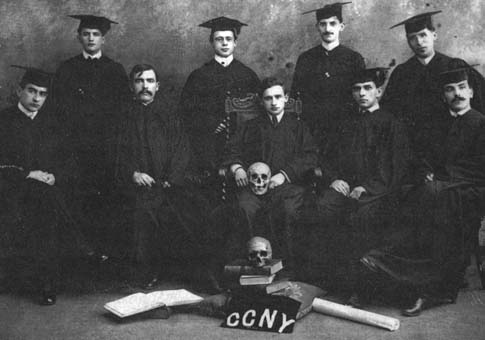
December 29, 1898
A group of young men from New York City universities, mostly studying for rabbinical and academic careers, gathered 118 years ago this month to form a Zionist society with their mentor, Columbia University professor of Semitic languages, Richard J.H. Gottheil.
Taking “Zion bemishpat tipadeh” (“Zion shall be redeemed with justice”) as their motto, these 15 men formed the group that would in a few short years be re-named with the Greek letters Zeta Beta Tau.
As Jews, these men were excluded from joining existing fraternities because of the sectarian practices which prevailed at the end of the 19th Century. These men saw the need for a Greek-letter fraternity open to Jewish students and pioneered the Brotherhood for a Lifetime experience. In 1954, ZBT became a Fraternity open to all men of good character and today the Fraternity continues to follow the Founders’ vision through our Mission to preserve and cultivate relationships within the Jewish community.
We strive every day to further the ideals of these men to demonstrate why, as always, it’s great to be a ZBT.
About our Founders
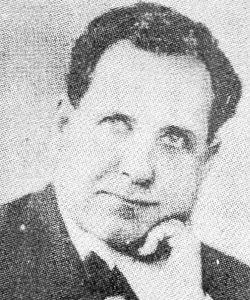
Dr. David Liknaitz
Brother Dr. Liknaitz helped organize the first Zionist society in Philadelphia, Pennsylvania. He served as the Jewish chaplain at the federal prison in Fort Leavenworth, Kansas. Dr. Liknaitz was also the first Rabbi of Congregation Beth Israel in Scottsdale, Arizona, the largest synagogue in the Phoenix area today.
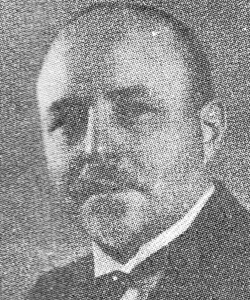
Herman Abramowitz
Brother Abramowitz was Rabbi of Congregation Shaar Hashamayim in Quebec, Montreal. He was the President of the United Synagogue of America and the honorary Vice President of the Zionist Organization of Canada. Abramowitz served as chaplain in World War I to His Majesty’s Canadian Jewish Forces.
Menachem M. Eichler
Brother Eichler was born in Hungary. He became a Rabbi when he graduated from the Jewish Theological Seminary in 1899. In the midst of his great work, Rabbi Eichler passed away on May 27, 1927. Mourned by the entire community and by prominent Jewish leaders throughout the nation, his loss brought the plan for the celebration of the congregation’s 80th anniversary to a halt.
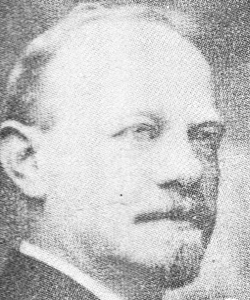
Rabbi Bernard ‘Doc’ C. Ehrenreich
Brother Rabbi Ehrenreich, born in Austria in 1867, came to America at the age of 3. During World War I, he ministered to the Jewish soldiers of the “Buckeye Division,” stationed in Montgomery, Alabama. Rabbi Ehrenreich also provided the youth of New York City with Camp Kawaga in Wisconsin, then retired to devote his time to the campers.
Dr. David Swick
Brother Dr. Swick was a regular speaker at ZBT functions. He served as a Medical Director at Yeshiva College.
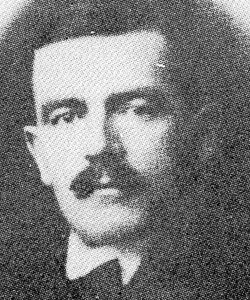
Bernhard D. Saxe
Brother Saxe was born in Russia in 1878. After graduating from the City College of New York, he became a teacher in New York City public schools. He later worked as a tutor for CCNY before returning to teaching. He was a driving factor in early expansion efforts of the Fraternity.
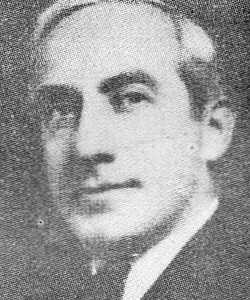
Aaron Levy
“Keen and quiet and understanding and has great charm of manner for so young a chap.” Brother Levy was born in England and became a distinguished attorney. He was Supreme President in 1904 and was also present at the 40th Anniversary Convention.
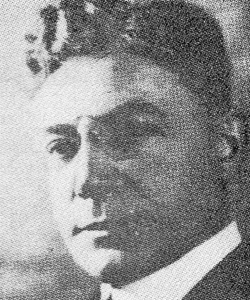
Louis Posner
Brother Posner was born in England. He worked as a lawyer on Wall Street and later became Commissioner of Education for New York City. His son, David Louis Posner, was an acclaimed American poet, and published seven books of poetry, including Geographies (1979).
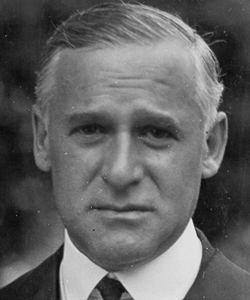
Rabbi Aaron Eiseman
Brother Rabbi Eiseman was Supreme President from 1901 to 1902. Eiseman was also one of the founders of the Jewish Welfare Board in World War I. Eiseman was chosen as part of an interfaith chaplaincy team sent to consecrate the crash site at Harmon’s Field in 1946. From the air he conducted funeral rites and dropped flowers on the site.
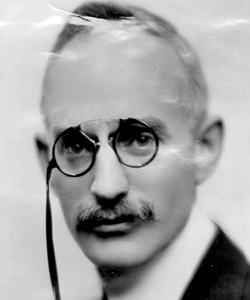
David Levine
When Columbia University scheduled entrance exams on the Sabbath, Jewish parents asked ZBT to take action. Brother Levine led the effort, arguing that if the many Jewish students refuse to take the exams on the Sabbath, they would be held during the week.
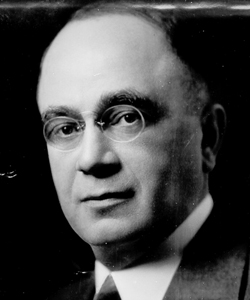
Bernhard Bloch
Brother Bloch was an attorney. He was known as “ambitious and able, with intelligence radiating from his round face.” He was born in Hamburg, Germany, in February 1879. He married Elsie Bauchwitz and lived in Brooklyn, New York.
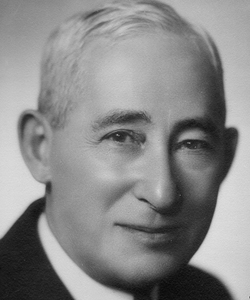
Isidore Delson
Brother Delson was Supreme President in 1904. He was a civil engineer for the city of New York. He married Brother Maurice Zellermayer’s sister Frances. Delson lectured on Hell’s Gate Arch Bridge before the American Society of Civil Engineers.
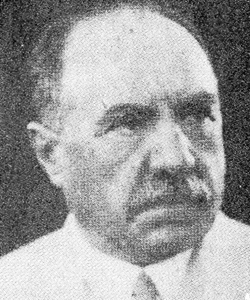
Aaron Drucker
Brother Drucker left the City College campus to fight in the Spanish American War in 1898. He was the first ZBT to bear arms for his country. Drucker wrote several books that were taught at universities. He wrote The Culture of Ancient Israel in 1911, a collection of five lectures given before the Chicago Section of the Council of Jewish Women.
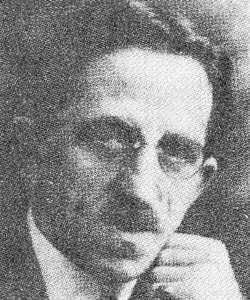
Dr. Herman B. Sheffield
Brother Sheffield served as ZBT’s historian. He had a prominent medical practice, specializing in children’s diseases. Brother Sheffield was the Medical Director of the Yorkville Hospital for Women and Children. He became the instructor in diseases of children for the New York Post Graduate Medical School and Hospital. He became known as “that doctor of great promise.”
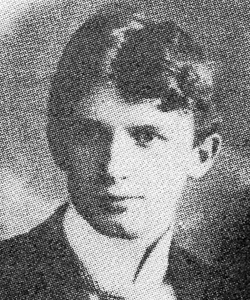
Maurice I. Zellermayer
Brother Zellermayer is the author of “Here’s to Our Fraternity.” His sister started the first Jewish sorority. He was a talented pianist, and was known as uniquely energetic and a devoted brother.
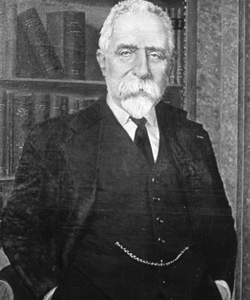
Professor Richard J.H. Gottheil
Dr. Gottheil had been a great student of Jewish history. He carried to the pulpit a love for mankind and a degree of sympathy and human understanding rarely to be met with any position. Professor Gottheil became closely affiliated with a group of students attending the Jewish Theological Seminary. Inspired by the personality of Gottheil, a group of men gathered on Thursday evening, December 29, 1898, at the Seminary and formed an organization called Z.B.T.
Learn more on the Fraternity’s founding and history at zbt.org.
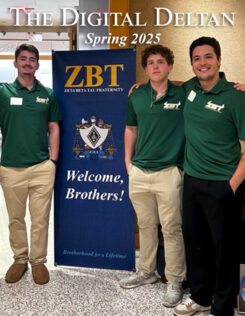 Spring 2025
Spring 2025 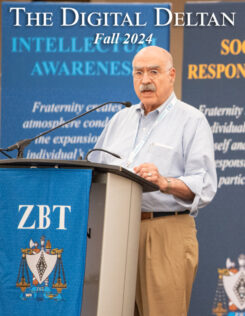 Fall 2024
Fall 2024  Spring 2024
Spring 2024 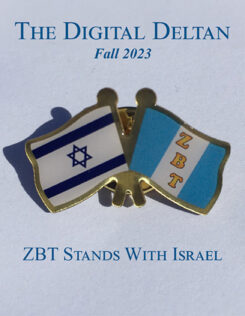 Fall 2023
Fall 2023 